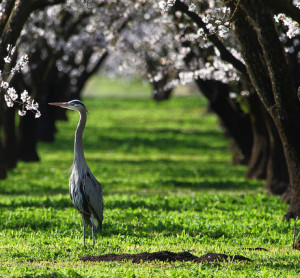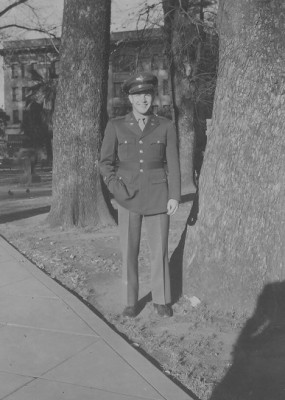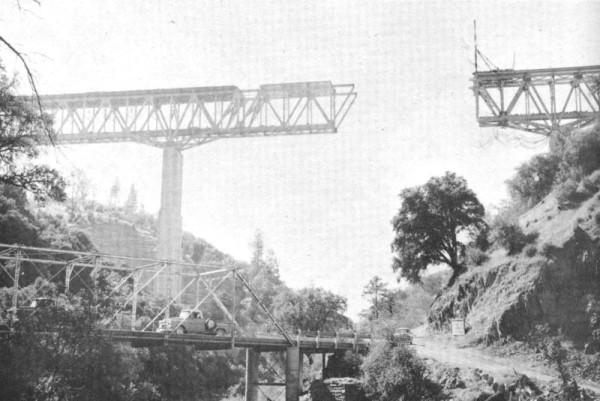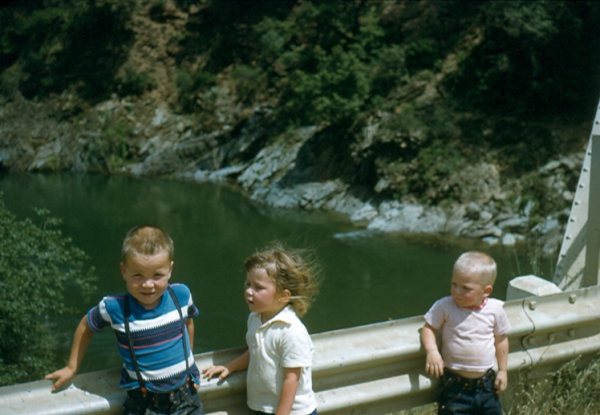
This part of California is home to me.
I can’t claim generations of northern California kinship as my friend JoEllen Hall can. Jo descends from the pioneering Stover cattle ranching clan. Her family still wintered horses in upper Bidwell Park (good grazing) not all that long ago. Her mother was a talented trick rider, too, one of the first Little Nells ever chosen to reign over Chico State’s mythic Pioneer Days festivities. That was back when candidates for both Sheriff and Little Nell needed real ranching or farming skills to be taken seriously. Clearly, that was long before P Week devolved into hard partying by college kids “not from around here.”
I always liked being from around here, though we didn’t arrive until 1955. My father was stationed at the Chico Air Base (now the beleaguered airport) for basic flight training before his stint in Italy as a B-24 pilot during World War II. The Army Air Corps wisely kept their 18-year-old fly boys away from town as much as possible. But what little he saw of Chico reminded my dad of his family’s hometown in Southern Illinois. After UCLA and dental school he happily came “home” to Chico.

My mother was not so thrilled, at least at first. She didn’t want an insular small-town life, and Chico was very small then. Her father was a tractor mechanic in Southern California who also grew oranges, and he did well enough to send his kids to college. He spruced up an old ranch truck with leftover bathroom paint and sent my mom off to UCLA and the big city. She planned to never look back. Yet marriage and three babies later, here she was, surrounded again by orchards.
Although I always liked being from around here, for years it was pretty embarrassing not to have left. Whatever was “happening” was elsewhere, and I probably should have gone after it. But I did at least look around. As a travel writer I secretly thought I might find a better place to live, someplace different that still felt like home. That just didn’t happen, though. This was where I was rooted. This was home.
I’ve thought a lot about the ecology of home. Technically, ecology as a science belongs to the world of biology. Yet it’s no accident that the meaning of the word ecology—the relationships of living things with each other and with their surroundings—can also include our human sense of home. The ancient Greek oikos gives us the prefix “eco,” which means house, household, or dwelling place. Ecology, then, is the study of home, and, at its most basic, economy is managing that home’s resources.
This region’s ecology and economy are thoroughly intertwined—and what a blessing that is. Here, home still includes the profound presence of nature.

Unlike other parts of California, the ground beneath our feet is still just as likely to be ground—soil—as concrete. And from that soil we grow a wealth of agricultural variety. Salmon still spawn in creeks and rivers here, and other wildlife still feel at home, including, in winter, visiting clouds of waterfowl. There is so much wild and scenic wealth, including mountains, craggy coastlines, forests, woodlands, grasslands, lakes—water being the magic elixir that keeps it all alive.

We who call this place home have a tendency to sort ourselves into two camps, those who put the environmental aspects of home before its economy, and those who put economic considerations first.
Somehow we all need to get on the same team, to start creating a future that honestly values both. Our natural resources are finite; there are real limits to what nature can provide. But within those limits? We do need healthy businesses and good jobs.
My hope is that we endlessly inventive northerners will soon get serious about creating, and continually re-creating, our own unique ecology of home.
Kim Weir graduated from Chico High in 1971. She also holds a degree in environmental studies and analysis and a Master of Fine Arts in creative writing. She has been a member of the Society of American Travel Writers since 1991.